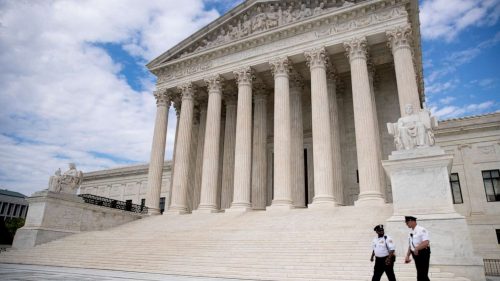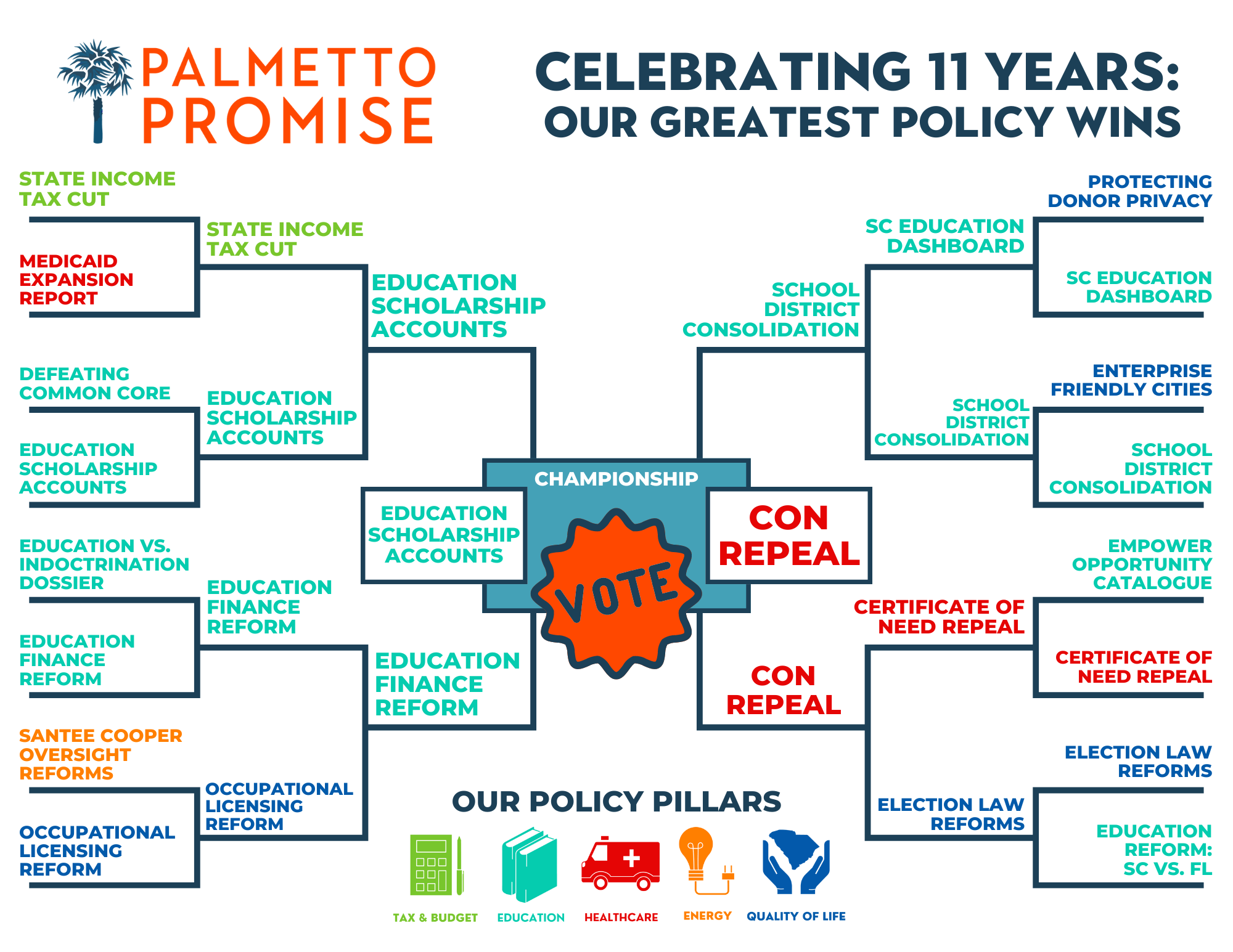PPI Urges Senator Graham, U.S. Supreme Court to Protect First Amendment Rights of Donors
There are plenty of reasons to oppose the Pelosi-Schumer H.R. 1/S. 1 tag team, the deceptively named “For the People Act” currently making its way through the U.S. Congress. Our friends at the Public Interest Legal Foundation lay out a laundry list of DC power grabs related to election integrity, state control of election procedures, and judicial independence.
As damaging as each of these provisions are to America’s Constitutional fabric, there is yet another angle that has received scant attention: the issue of donor privacy. For years, PPI has rung the alarm bell about state-level threats to issue-based speech, which would force organizations who engage in non-campaign-related issue advocacy to disclose their donors for publication in a government data base. As we wrote in 2015:
Across America, everyday citizens have been fired, had their businesses boycotted, and been forced to register with the government in order to exercise their right to free speech. In the particularly egregious “John Doe” case in Wisconsin, some families even had their homes raided by police SWAT teams for their support of the policies of Governor Scott Walker.
Could anyone say that the environment for free speech as improved since then? Social media mobs regularly “dox” and harass anyone—even on their own side—who dares to break with the reigning orthodoxy of the day.
It’s not a new problem. In the 1950s, state officials in Alabama sought to unmask supporters of civil rights laws by forcing the NAACP to turn over its donor lists.In NAACP v. Alabama, the U.S. Supreme Court issued a firm “No,” ruling that donors must be allowed their privacy in order to protect them from harassment and intimidation. Reaching even further back into our history, none less than America’s Founders often wrote under pen names to protect their families from the wrath of a vengeful monarch.
The bottom line: no American—whether conservative or liberal—should be targeted or attacked because of their support for a particular cause.
That’s why this week, we sent a letter on this issue to U.S. Senator Lindsey Graham (co-signed by seven South Carolina non-profits) and joined 34 other liberty-minded public policy organizations to file an amicus brief with the U.S. Supreme Court in the combined cases of Americans for Prosperity Foundation v. Becerra and Thomas More Society v. Becerra.
(Yes, this is the same Xavier Becerra who fought to force nuns to buy birth controland is now awaiting a committee vote in the U.S. Senate as President Biden’s nominee to head the U.S. Department of Health and Human Services.)
The issue before the Court stretches back to 2010, when Kamala Harris—then California’s attorney general—announced that charities and tax-exempt organizations could not legally fundraise in California unless they first turned over a list containing the full names and addresses of their significant donors.
Our amicus brief, authored by The Buckeye Institute, calls upon the Supreme Court to protect the privacy and First Amendment rights of individuals who donate to charities and other nonprofit organizations.
“Simply put, the government ought not be in the business of keeping lists of people’s names, addresses, and charities they support,” said Robert Alt, President and CEO of The Buckeye Institute. “Recent history is replete with examples of public and private harassment and intimidation based upon this type of sensitive information. Government officials unnecessarily warehousing private information about the causes and organizations taxpayers support is antithetical to the First Amendment precisely because it chills free speech and association.”
We agree. And we’ll continue to raise our voice on behalf of South Carolinians across the political spectrum who value free speech.





